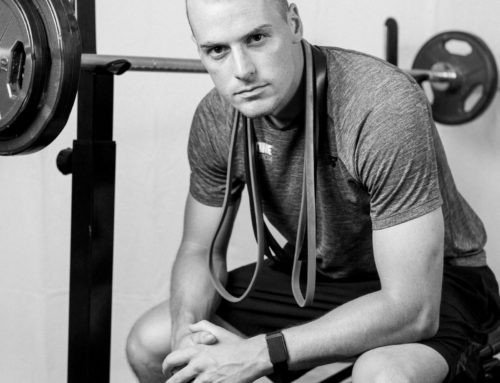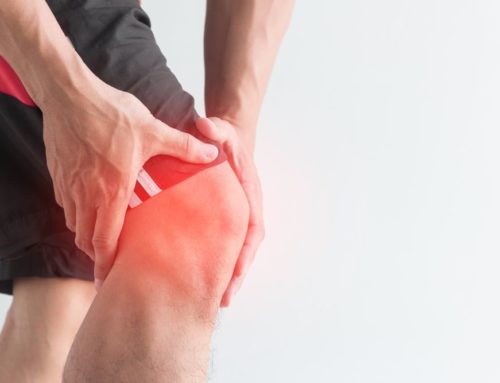Good recovery is every bit as important as the actual training.
The “Go! Go! Go!” theme of today’s fitness world is pervasive. In this world, the ideal workout happens at least once a day, involves an angry drill sergeant doubling as a fitness instructor, and ends in blood, sweat and tears. More is better and if you crumble, you’re surely the problem.
Although this model might be attractive for thrill-seeking gym goers, I can assure you there’s a more sustainable approach to get the results you’re looking for. Driving a car when the oil light has been on for months may rack up more miles on the car but eventually it will break down and fail. Don’t take the fast track to injury and burnout when you can choose the steady path to fitness through good recovery.
When we strength train, we put our bodies in a catabolic state, meaning we are breaking down muscle. The only time we repair that muscle is when we are in an anabolic state, where we recover and grow. In other words, stress+ rest=growth.
There are many trendy ways to recover in today’s market. Things like compression boots, saunas, ice baths, sensory deprivation tanks and CBD rubs. Although some of these things can be helpful, a focus on basic, time-tested behaviors will help you see fast progress. Here are the four big pillars of good recovery that take precedent over any trendy recovery hacks.
Sleep
Sleep is the pinnacle of recovery. If your sleep is out of whack, this is the first place to start making changes. The quality of your sleep matters, plain and simple. During sleep, your body produces growth hormone to replenish itself both mentally and physically. Sleep is key to rebuild, repair and replenish so that you can reap the benefits from your workouts and be able to do it again.
Just like a good workout plan, getting enough sleep requires forethought. Creating a plan, tracking progress, and staying consistent will help you form and improve good sleep habits.
This could be as simple as trying to get to bed at the same time 5 days out of the week for a month or as detailed as purchasing a sleep tracker and monitoring behaviors that affect your sleep. (Click here to read my thoughts on fitness trackers).

Nutrition
What we put in our bodies will be indicative of how our bodies repair and then perform for future workouts. Just like our bodies repair during sleep, they also repair when we digest protein and nutrients. The more we demand of our bodies in our workouts, the more we need to feed them. Full, nutritious meals will provide the energy and replenishment your body needs to recover well. Too much saturated fats and ultra processed foods will slow us down and leave us depleted before entering our next workout.

Hydration
Hydrating is more than just consuming water. We have to take into account our electrolytes and replenish our sodium, potassium and magnesium levels. It’s amazing watching someone’s energy levels change by adding a simple daily hydration habit. I personally sip on BioSteel before, during and after my workouts. Remember, just because it is colder out does not mean you should pull back on hydration.

Stress Management
When we workout we are our exposing our bodies to stress. This is necessary for growth because our bodies becoming stronger by adapting to that stress. However, there is a balance to how much stress your body can handle. Too much can lead to overtraining and setbacks.
It all comes down to the dosage of stress that you are exposed to. Now, of course this is different for every individual, and emotional and environmental stress must also be considered.
For example, if a client has had bad sleep, taxing work hours, and relationship conflicts, then it might not be the best time to perform a high intensity workout. A better option might be to focus on mobility work and aerobic training so that they can recover well and be more equipped to face their challenges. This would be an example of stress management. Be on the lookout for an upcoming full-length blog post on this topic.
When someone asks me “how hard should I train?” My answer is always “as hard as you can recover.”



